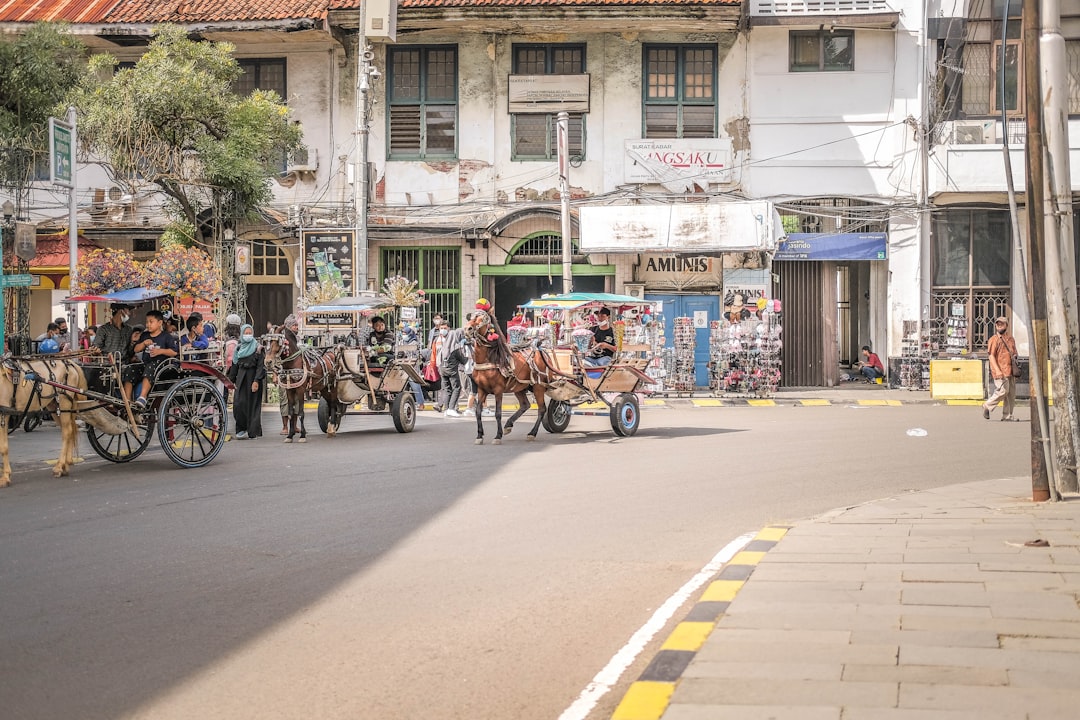No products in the cart.
Uganda’s Bold Move: Tourism Board Shuts Down Operators to Revive Consumer Trust
Uganda's Tourism Board has suspended certain operators to enhance consumer protection and stimulate tourism recovery. Explore the implications of this decision.
As the world emerges from the shadows of the pandemic, tourism is not merely a sector; it’s a lifeline. In Uganda, the Tourism Board has taken a decisive step aimed at restoring consumer trust and reviving the industry by suspending several tourism operators. This bold move marks a pivotal turn in the country’s path to recovery.
The decision comes as Uganda grapples with the dual challenge of restoring its reputation as a premier travel destination while ensuring the safety and satisfaction of its visitors. For many, the pandemic was a wake-up call. It exposed cracks in the system that could no longer be ignored.

In 2019, Uganda welcomed over 1.5 million international tourists, contributing significantly to its economy. However, the pandemic hit hard, leading to a staggering decline in visitor numbers, plummeting to almost zero in 2020. The Uganda Tourism Board, recognizing the urgent need for reform, has now pivoted towards a consumer-first approach, introducing stricter regulations and oversight on operators.
“The aim is not just recovery; it’s about building a resilient tourism sector that prioritizes the safety and satisfaction of visitors,” said a spokesperson for the Board. This sentiment resonates deeply in an industry where trust is paramount. The suspension of operators is not merely punitive; it’s a safeguard against potential malpractice that could deter future visitors.
“The best way to ensure long-term growth is to guarantee that visitors feel safe and valued.
However, the implications of this decision stretch beyond mere regulatory compliance. For many operators, particularly smaller, local businesses, the suspension could be devastating. Without the ability to offer their services, they risk losing not just income, but also the goodwill built over years of service. It’s a double-edged sword, balancing the need for consumer protection with the livelihood of countless Ugandans.
Analysts argue that while the suspension may seem harsh, it is a necessary measure to restore confidence in Uganda’s tourism. “The best way to ensure long-term growth is to guarantee that visitors feel safe and valued. This means taking tough decisions now,” says Dr. Miriam Kinyanjui, a tourism expert at Makerere University.
Amidst this backdrop, the global tourism landscape is slowly recovering, but it remains fraught with challenges. Travelers today are more cautious, seeking transparency and accountability from the services they choose. This shift in consumer behavior compels destination managers to rethink their strategies.
As Uganda repositions itself in the post-pandemic travel market, the focus on quality over quantity seems to be the new mantra. This shift aligns with a broader global trend towards sustainable tourism, where experiences that prioritize local culture and community well-being are gaining traction.
“Travelers are now looking for authentic experiences that not only enrich their lives but also contribute positively to the places they visit,” says Jessica Olum, a travel journalist. This evolving expectation presents opportunities for Uganda to not just recover, but to redefine its tourism narrative.
Yet, the road ahead is paved with uncertainty. The ongoing geopolitical tensions, climate change, and economic fluctuations pose significant threats to the industry. Uganda’s ability to navigate these waters will depend on its adaptability and commitment to fostering a sustainable tourism ecosystem.
As Uganda repositions itself in the post-pandemic travel market, the focus on quality over quantity seems to be the new mantra.
What remains clear is that the path to recovery will require collaboration among all stakeholders—from government entities to local communities and private operators. Building a resilient tourism sector is not a solitary endeavor; it demands a collective effort.
In the coming months, the Uganda Tourism Board plans to engage with suspended operators to address compliance issues and develop a framework that supports sustainable practices. This initiative underscores a forward-thinking approach, recognizing that a healthy tourism ecosystem benefits everyone.
As the world watches, Uganda stands at a crossroads. The decisions made today will shape the future of its tourism industry for years to come. With a focus on rebuilding trust and prioritizing consumer protection, Uganda could emerge from this crisis stronger than ever, ready to welcome travelers back to its breathtaking landscapes and vibrant cultures.











